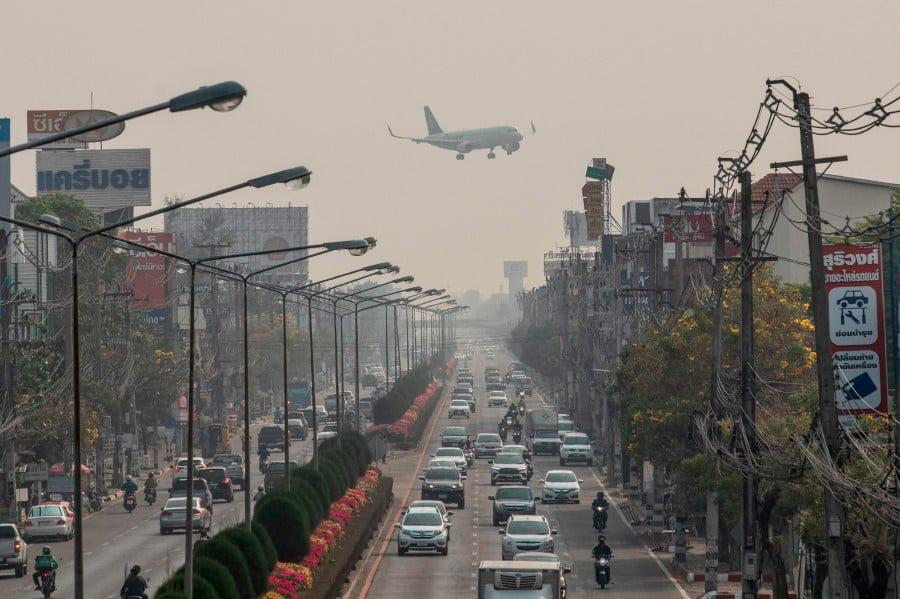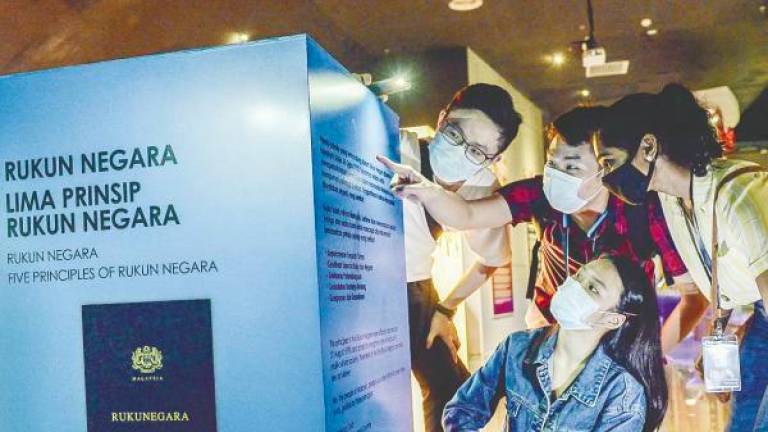BANGKOK: Worsening air quality and unhealthy levels of air pollutant PM2.5 saw about 200,000 people nationwide seeking treatment for illness linked to air pollution at hospitals and clinics this week.
Permanent secretary for Public Health Ministry Dr Opas Karnkawinpong said this week, air pollution-related diseases showed an increasing trend, from 161,839 to 196,311 cases.
He said air pollution-related diseases reported included 583,238 cases of respiratory disease, 267,161 (skin infections), 242,805 (eye infections) and 208,880 (cardiovascular and cerebrovascular).
From Jan 1 to March 5 this year, more than 1.3 million people have fallen sick due to air pollution, he said.
“The level of PM 2.5 is higher this year compared to last year (2022), partly because during the COVID-19 pandemic the number of passengers travelling decreased, thus resulting in less pollution,” he said in a statement.
The readings of small and hazardous airborne particles known as PM2.5 in many provinces especially Bangkok and the northern provinces in Thailand have been above safe limits this week, according to the government’s pollution control department.
As of 1 pm (local time) today, the northern city of Chiang Mai’s air quality ranked the worst in the world where its Air Quality Index (AQI) reading was recorded at 191, an unhealthy level, according to IQAir, a Swiss group that measures air quality levels based on PM2.5.
Thailand’s capital city, Bangkok ranked as 10th worst in the world with AQI reading recorded at 153.
Dr Opas said the haze situation in the kingdom is expected to improve gradually in the next one to two weeks.
Meanwhile, director of Noppharat Rajathanee Hospital, Kriangkrai Namthaisong urged the public, especially pregnant women, children and senior citizens to reduce outdoor activities and stay indoors.
He urged the public to wear N95 anti-pollution mask when outdoors to reduce the risk of spreading respiratory infections. - Bernama













